Or the 2018 Smartphone Buying Guide.
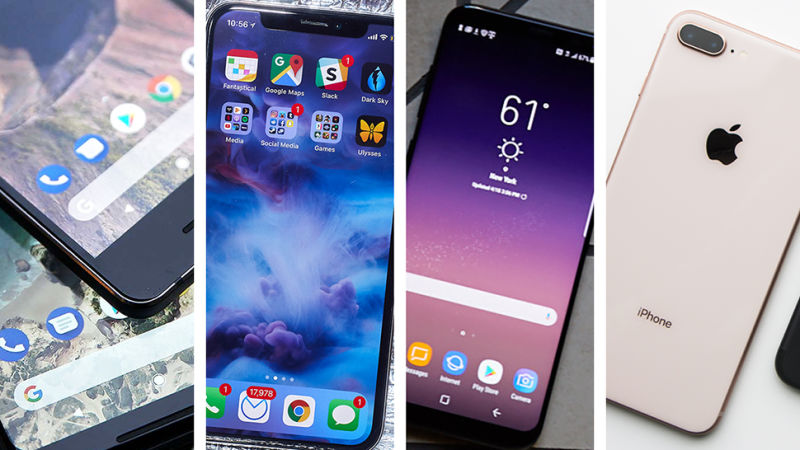
Original material
If you are looking for a new smartphone, then you will naturally want to look at the key characteristics of the gadget, such as processor speed, RAM and storage, battery capacity and the number of megapixels in the camera. But it makes less sense to weigh and compare these characteristics in isolation from the device itself. And that's why.
In short, phones are more than just a collection of components. On top of the intrinsic specs that you check out during the selection process, these finely optimized electronic blocks are controlled by various engineering, software and manufacturing settings to keep the device working perfectly. Entering the market is a complex process, and for a reason.
You can also note the widespread improvement in the characteristics of devices in the market, which means that mobile devices have reached the stage where even budget devices offer an acceptable level of performance. This happened at one time with PCs and laptops. Budget phones were unbearably goofy and slow, but that's a thing of the past.
Processor, RAM and performance
Comparing phones in terms of processor and RAM is not an easy task, and not least because Apple has its own technologies, while most flagship smartphones based on Android have almost identical processors and RAM. You don't need to look at the specifications to understand that the new premium segment device will work very fast, but the models of the middle and budget segment will show quite good results.
Comparative tests in specialized programs could help, but up to a certain limit. There are a lot of influences on how the phone feels during use. Qualcomm compares buying a phone based on benchmark benchmarks versus choosing a car by tire. In 2018, it is better to focus on the new capabilities that the processor offers: improved LTE support, emphasis on additional security, the ability to record video in 4K resolution.
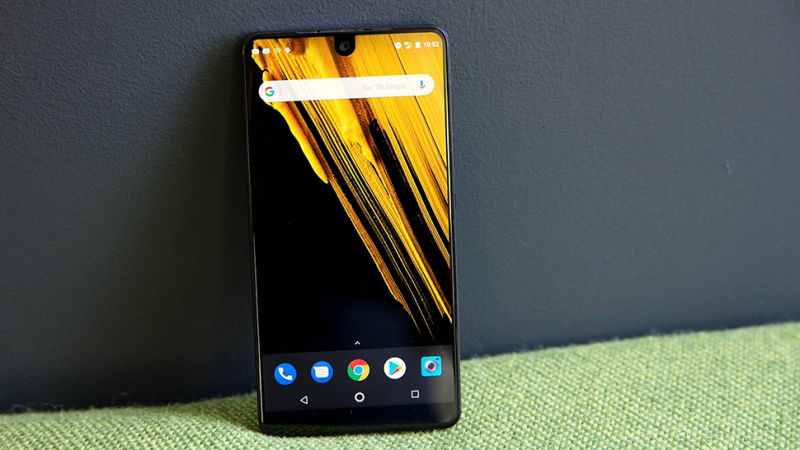
Essential Phone on paper is very good, but in life it is not so
Even when manufacturers claim that their new processor is 30% faster than its predecessor, it will depend on the load. Application responsiveness can be affected by a number of factors, such as the speed of associative memory, processor architecture, and even the way you write your favorite applications. If you don't process 4K video and play the most demanding mobile games on devices, then these performance advantages may not be noticed.
More RAM allows the phone to hold more applications or files or renders in memory at the same time, but again, more RAM doesn't necessarily mean a device will run smoother than its competitors. The OnePlus 5T has a solid 8GB RAM compared to the Google Pixel 2's 4GB and the iPhone X's 3GB, but Apple still achieves top-notch performance thanks to efficient internal storage allocation.
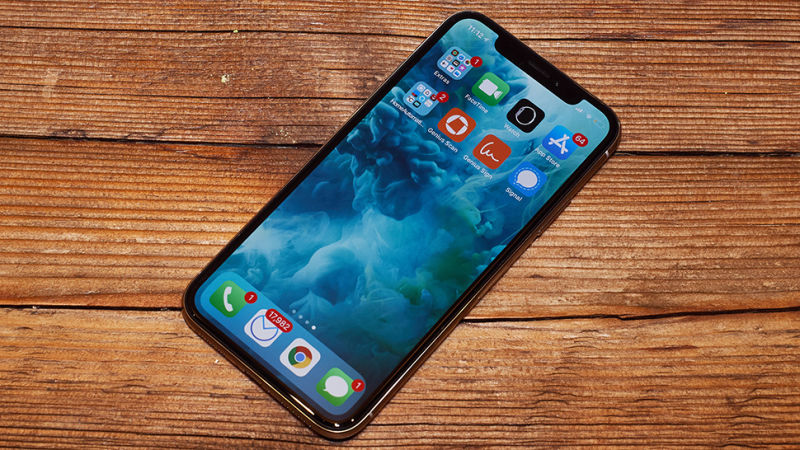
There is one more factor to consider: applications for Android need to be created taking into account different types and configurations of devices, while applications for iOS, by and large, are created with a clear understanding of what devices they can work with. This makes the application creation process more streamlined, and as a result, the application requires less RAM.
Processor speed and RAM are important when choosing a new smartphone, but just keep in mind that there are many more processes going on in a smartphone than is shown in comparative tests or written in specifications. The performance of a smartphone relies on the well-coordinated work of its entire internal structure, so it is not entirely advisable to single out one or two key elements as points of comparison.
Choosing the best camera
As manufacturers began to increase the megapixel count and optimize their lenses, camera performance has become one of the most important factors in device selection. Camera specs and details such as aperture opening size are still important, but they don't even come close to conveying all the information about the quality of the final images.
Take, for example, the Google Pixel 2's Visual Core processor: this specially designed AI-powered processor blinks HDR and other types of image manipulation at lightning speed for stunning images. In other words, it can do more with less information coming in through the lens and minimize the importance of naming the camera's megapixels when comparing phones in a store.
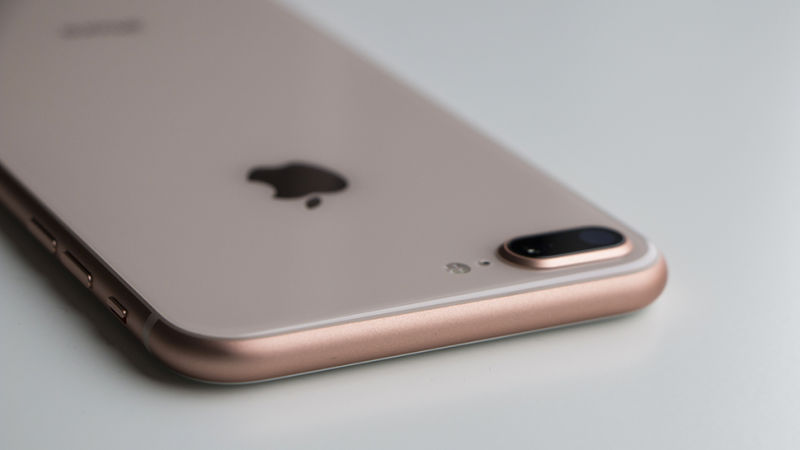
It's not just Google, because each manufacturer adds their own combinations of software and hardware optimizations to get the best quality pictures from the phone's camera (of course, there is a certain subjectivity of choice). Yes, the characteristics of a camera on paper are important, two lenses a priori outperform one, but beyond that there is much more going on.
The real real test of any smartphone camera is the samples of the photos it has taken, so go to your preferred thematic resource or, for example, Flickr Camera Finder and look at the pictures from the phones you are considering. Remember that the quality of shooting is affected in such scenarios as low light and fast movement, in daylight most devices will show a good level of pictures.
'Where is my autonomy, dude?'
The capacity of a phone's battery is easy to find out, measured in milliampere-hours (mAh), it is an indication of how much charge the phone can hold. But in the buying guide, we're talking about how long the phone lasts on a single charge, not battery capacity, and for good reason.
The Samsung Galaxy S8 has a 3000mAh battery, and iPhone X has a 2716mAh battery, so it's logical that Samsung will last longer, right? No, it's wrong. Although the relatively large battery capacity gives the smartphone a better chance of working longer, many factors affect the battery charge: from the simple and obvious – the size and brightness of the screen – to the more hidden and difficult to measure, for example, how well the manufacturer was able to optimize the power consumption on the phone's board. . According to rumors, the Galaxy S9 will have a battery with the same capacity as its predecessor, but this does not mean that the battery life is identical.
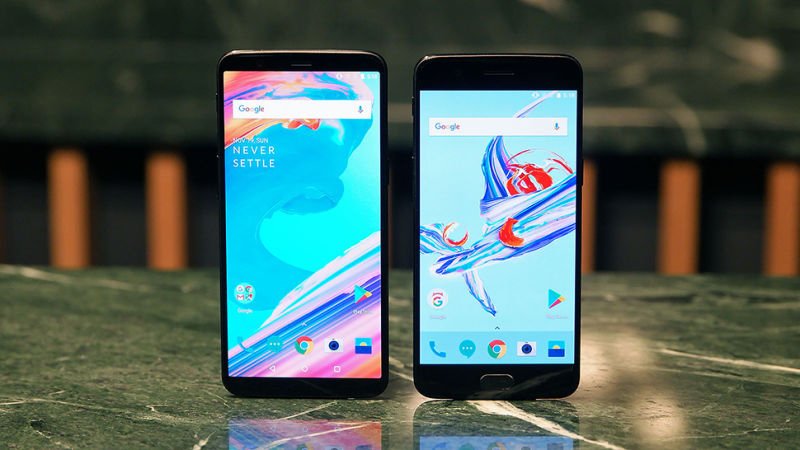
The efficiency of the distribution of processor power, the number of sensors, the audio configuration – all this affects the autonomy and battery consumption. Yes, the mAh rating will give an approximate understanding of the amount of charge, but it will not help to understand how long the phone will work.
Compare, it won't get any worse
Despite all the reasons given to you, it's still better to take a look at the specs before buying, or wondering what the latest devices have to offer. Make sure that these characteristics fit into your overall quality and performance goals, and don't run far ahead.
Manufacturers sometimes do miracles with the most common characteristics or, on the contrary, fail to release a device with fantastic-looking characteristics, so before buying, read the maximum amount of information and read the maximum number of reviews from sources you can trust. In addition to this, comparative characteristics can be used.
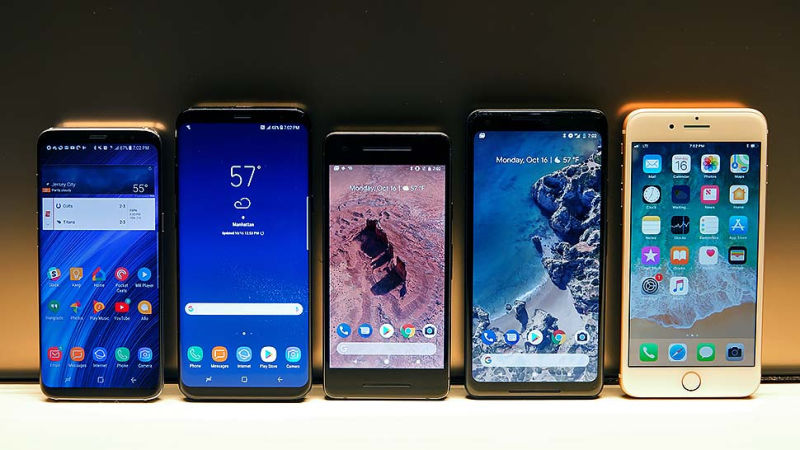
Comparing machines from the same model year can also be challenging, as the benefits of a new processor may be overshadowed by innovations of a different nature. In other words, phones are getting faster, but we are demanding more and more advanced scenarios from them, so think about that when you want to upgrade.
At the same time, some of the parameters included in the main list are very important, you should pay attention to them: double optical zoom, wireless charging, compatibility with your favorite 'smart assistant', the physical weight of the phone. Don't get lost in the routine comparison of internal characteristics, it will not give you a complete picture.
Written by David Nield
A good educational program on what to look at when choosing a new device in 2018. The level of technology development complicates the task for us, similar “sticks in the wheels” are being set by manufacturers who flood their product lines with devices that are very similar in price positioning and characteristics. Therefore, on the one hand, you need to be attentive to the little things that the authors of device reviews often pay attention to, and on the other hand, you need to clearly imagine possible scenarios for working with a future device.
My process of choosing a new device begins by determining the amount I am willing to spend. Then there is a search on the net: rumors, reviews, text and video reviews, DevDB, Versus. Then, as a rule, I postpone the decision for a few days and decide with a cool head whether I really need it or is it just another manifestation of consumerism implanted from the outside.
In any case, the process of choosing a new gadget should not be based solely on an emotional response, a rational approach is important, especially if you plan to use the device for a couple of years.
